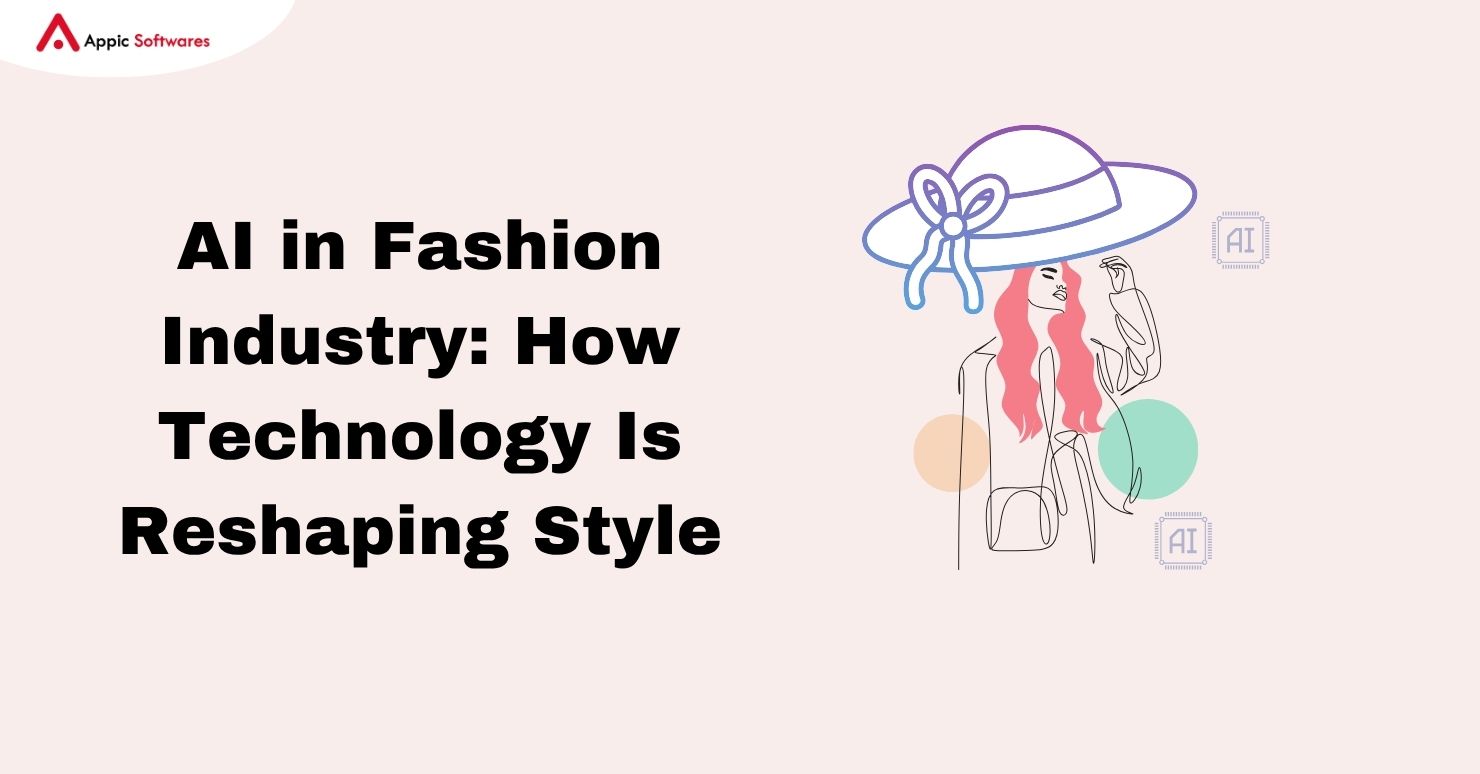
Artificial intelligence in mobile apps has changed the way we use our phones. It helps apps learn and serve us more smartly. In this article, we will talk about the top 8 ways to use artificial intelligence in mobile apps, show you how to integrate artificial intelligence in mobile apps, explain the benefits of artificial intelligence in mobile apps, and share details on how much it costs to develop an artificial intelligence mobile app. You will also see terms like AI app development, AI mobile app development, AI mobile app, and more. Let us begin.
Top 8 Ways To Use Artificial Intelligence In Mobile Apps

Artificial intelligence in mobile apps can change the way users interact with technology. Here are eight ways that you can use AI app development to make your app smart and useful:
1. Voice Assistants and Chatbots
Voice assistants and chatbots offer quick answers to user questions. A simple chat tool or voice command system can help users find information and complete tasks without typing. Using AI mobile app development techniques can make these tools more accurate. These systems use artificial intelligence in mobile app development to learn from each conversation and give better responses next time. Many companies use AI in app development to improve user support. This step also helps businesses work with an AI Development Company that specializes in such systems.
2. Personalized User Experience
Apps that show content based on a user’s actions keep users interested. An app that learns a person’s habits can show news, music, or ads that match the user’s taste. This kind of system uses artificial intelligence in mobile apps to study behavior. It can also use an AI mobile app to adjust settings and improve the overall user experience. Many developers work with AI Development Trends to keep their products updated and useful.
3. Image and Speech Recognition
Many apps now use image and speech recognition to make life easier. A simple image recognition feature in a mobile app can help users search for products or learn more about objects. Speech recognition is another area where AI-based app development plays a big role. In many cases, developers use artificial intelligence in mobile app development to add these features and create a smoother experience. It is common to find artificial intelligence app development that supports both image and speech recognition.
4. Smart Recommendations
Smart recommendations help users decide what to buy or watch next. An app that suggests movies, music, or shopping items uses artificial intelligence in mobile apps to study past choices. This system is part of AI in app development. It learns each time a user makes a choice and uses that knowledge for better future recommendations. Companies often partner with an AI Development Company to build these recommendation systems.
5. Enhanced Security Features
Security is a top concern for many app users. Artificial intelligence in mobile apps can add extra security by using facial recognition, fingerprint scanning, or behavior analysis. With AI app development, these features can protect user data and prevent unauthorized access. Many businesses use AI mobile app development techniques to make sure their apps stay safe and meet high-security standards. This is an important part of artificial intelligence for app development.
6. Predictive Text and Autocorrect
Many mobile apps now include features like predictive text and autocorrect. These features make typing faster and reduce errors. Artificial intelligence in mobile apps studies how a user types and suggests the next word or fixes errors. This method uses AI mobile app development to learn and improve with each use. A smart app will use AI in app development to make typing easier for everyone.
7. Context-Aware Services
Context-aware services help apps learn where a user is and what they might need next. An app can check a user’s location and provide timely information such as nearby restaurants or events. This system uses artificial intelligence in mobile app development to understand context and serve relevant details. Developers often rely on AI mobile app techniques to build apps that feel personal and helpful. These systems also work well with AI Software development process guidelines to ensure quality and accuracy.
8. Health and Fitness Tracking
Health apps use artificial intelligence in mobile apps to track exercise, diet, and sleep patterns. An app that monitors health data can give simple tips for a healthier life. This system is part of AI-based app development. It learns from daily habits and offers advice based on that data. Many companies have turned to AI app development to help users lead better lives through better health tracking. This area often sees work from AI Development Trends experts to keep the data analysis simple and accurate.
In these eight ways, artificial intelligence in mobile apps shows its strength. Whether you work on AI mobile app development or artificial intelligence for app development, you will find that adding smart features can help users in many ways.
How To Integrate Artificial Intelligence In Mobile Apps?
Integrating artificial intelligence in mobile apps is not hard if you follow the right steps. The process starts with a clear plan. You need to know what problem you want to solve and how a smart app can help. Many companies begin with a small feature and then add more smart parts over time.
List Your Requirement
- The first step is to plan your AI app development project. You should write down the features you want. Do you need a voice assistant or smart recommendations? Write a list of features like AI mobile app development and artificial intelligence in mobile app development. Next, design your app in a way that fits the purpose. You must choose the right tools and libraries. Some tools help you build a simple artificial intelligence mobile app that works well with different devices.
Decide On An AI Model
- The second step is to select a good model. Many models help in AI in app development. You can use a model that studies user behavior or one that processes images and speech. The model you choose will affect how your app works. You might need the help of experts from an AI Development Company to make sure the model is a good fit. You also need to test the model. Run tests to see if it works well on different phones. Use simple tests to check for errors and improve the process.
App Development
- The third step is to write your code. In AI app development, clear and simple code helps you build a strong app. Write code that can work with your chosen model and make sure it does not slow down the app. Developers use AI mobile app development practices to write code that is easy to read and update. Use active voice in your code comments to explain what each part does. This helps everyone understand the AI mobile app better.
AI App Testing
- After coding, the next step is testing. Test each feature of artificial intelligence in mobile apps to see if it works as planned. Testing can be done on different devices and operating systems. Many companies use a set process for artificial intelligence in mobile app development. They check for bugs and errors. This is a key part of AI in app development and ensures that the final product is smooth and safe for users.
Deployment And Upgradation
- Once the tests are complete, you can share your app with users. Pay attention to user feedback. Users may point out errors or share ideas on how to make the app better. This feedback helps you improve the app over time. In many cases, developers work with AI Software development process teams to handle changes and updates quickly. This step is important for AI-based app development that meets user needs and grows with demand.
Finally, update your app regularly. A smart app must learn from user interactions. Keep adding small improvements so that the app stays useful. Use tools from AI mobile app development to track how users interact with the app. You might also use feedback to add new features in the future. By doing so, you follow best practices in artificial intelligence in mobile app development. This approach also helps you manage the artificial intelligence download for Android if you plan to support that platform.
Benefits Of Artificial Intelligence In Mobile Apps
The use of artificial intelligence in mobile apps gives many benefits. It helps both users and businesses. For users, smart apps learn their habits and provide help that fits their needs. For businesses, a smart app can improve engagement and sales. When you use AI app development in your project, you give your app a way to learn and adapt.
- Enhanced User Experience: AI can provide personalized content and recommendations, making the app more engaging and useful for each user.
- Improved Efficiency: AI can automate many tasks, reducing the workload on both users and developers.
- Better Security: AI-powered security features can detect and prevent fraud more effectively than traditional methods.
- Increased User Engagement: Personalized experiences and smart features keep users coming back to the app more often.
- Data-Driven Insights: AI can analyze large amounts of user data to provide valuable insights for business decisions.
- Competitive Advantage: Apps with AI features often stand out in the crowded app marketplace.
- Scalability: AI systems can handle increasing amounts of data and users more efficiently than traditional systems.
- Cost Reduction: While initial investment may be high, AI can reduce long-term costs by automating tasks and improving efficiency.
How Much Does It Cost To Develop An Artificial Intelligence Mobile App?
The cost of developing an artificial intelligence (AI) mobile app in 2025 varies significantly depending on factors like complexity, platform choice, features, and the development team’s expertise. Here’s a detailed breakdown of the factors that determine the AI App development cost:
| Factor | Description | Impact on Cost |
| App Complexity | Simple AI features (chatbots, speech recognition) cost less, while advanced AI (deep learning, predictive analytics) increases development expenses. | Higher complexity → Higher cost |
| AI Features | Basic AI automation is cheaper, but machine learning, NLP, and computer vision require more resources. | More AI capabilities → Higher cost |
| Platform Choice | Developing for a single platform (iOS or Android) is more affordable than cross-platform or web+mobile solutions. | More platforms → Higher cost |
| AI Model Development | Pre-built AI models (Google ML Kit, OpenAI API) are cost-effective, while custom AI models require data training and optimization. | Custom AI models → Higher cost |
| Backend Infrastructure | Cloud-based AI services cost more but offer scalability and real-time processing. Local storage solutions may reduce costs. | Advanced infrastructure → Higher cost |
| UI/UX Design | Simple interfaces cost less, whereas AI-driven personalized interfaces require more design effort. | Advanced UI/UX → Higher cost |
| Third-Party Integrations | APIs like Google AI, IBM Watson, or AWS AI services can add licensing and development costs. | More integrations → Higher cost |
| Development Team | Freelancers or small teams are cheaper, while dedicated AI engineers, data scientists, and QA specialists increase costs. | Larger team → Higher cost |
| Development Time | Shorter timelines with rapid development may require more resources, increasing the cost. | Longer development → Higher cost |
| Maintenance & Updates | AI apps require regular updates to improve models, fix bugs, and add new features. | Frequent updates → Higher cost |
Final Words
Therefore, it can be stated that implementing artificial intelligence in the application is highly advantageous and adds to usability. Despite the relatively high costs of implementing and investing in the development of the application, the overall advantages of having the app used and functioning in terms of attracting users and increasing overall efficiency outweigh the risks for a lot of app developers. With advanced technology in AI, we are likely to see more great inventions in the app development of mobile applications.
Ready to add smart features to your mobile app? Contact us today to learn how we can help you integrate artificial intelligence into mobile apps and boost your user experience.








